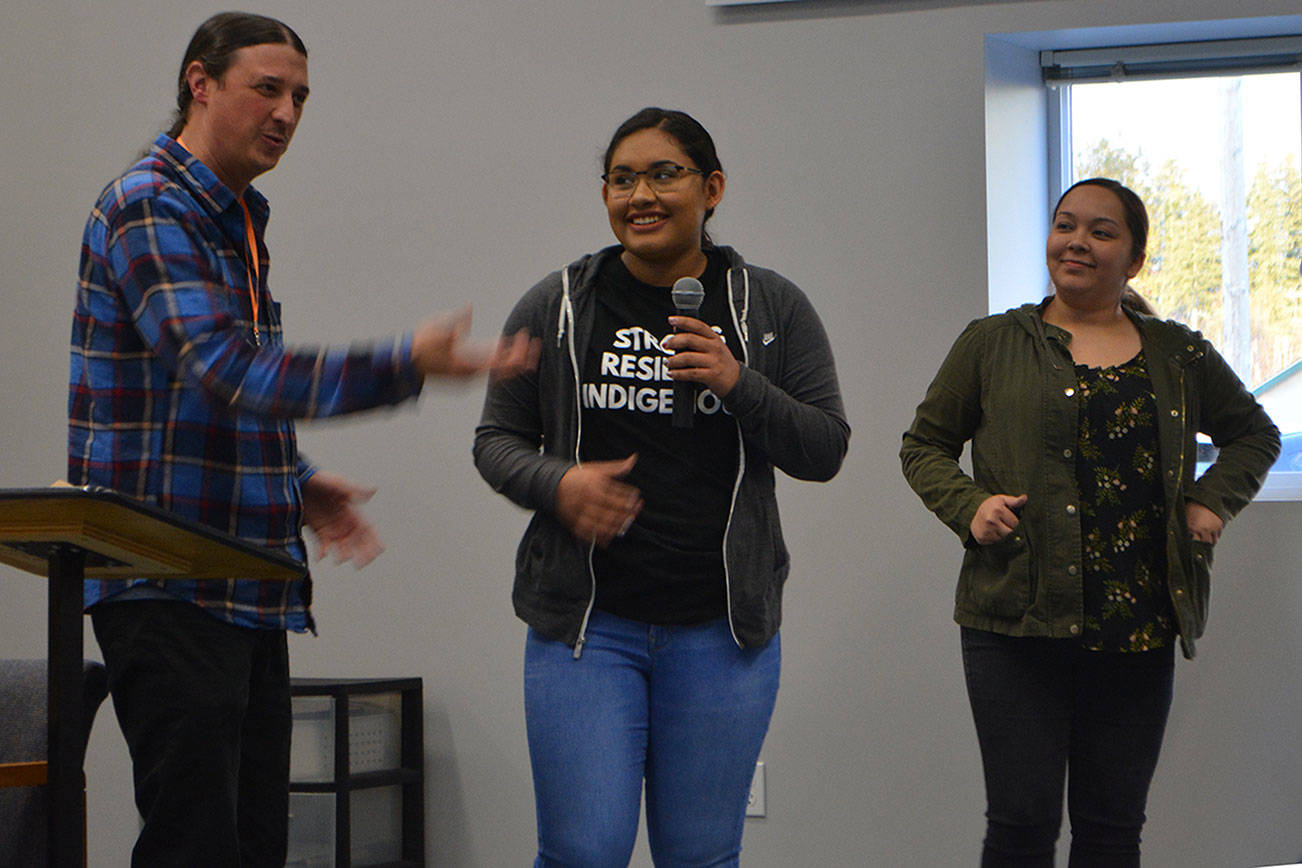MARYSVILLE – The Marysville School District has been looking for ways to help students earn more credits. The state is going to require more credits to graduate, making it tougher to graduate on time if they even slip-up once.
And many freshmen, especially, have a number of slip-ups as they have a hard time transitioning into high school. For instance, the district has considered having students earn high school credits for taking certain middle school classes, along with other options.
Principal Ray Houser and his staff at Arts and Tech and Mountain View high schools have another solution, at least at their schools.
Both of those alternative schools have students who often already are behind on credits. So they need even more options to catch up so they can graduate on time.
So, staff there has the idea of using a trimester rather than semester schedule. They presented their idea to the school board at its work session Monday. Students there would have five longer classes rather than seven like they do now. Instead of 6 credits a year, students could earn 7 1/2.
In two trimesters, students would get through material that normally takes a year. That would free them up to take more classes, thereby earning more credits. “They could have a hiccup or two and still graduate on time,” board member Pete Lundberg said.
Houser said another benefit is the school could offer more electives with the same number of MV and A&T teachers. “We could bring drama back,” he said of one class the students really seem to miss. “We have very few electives (now). Not a lot of choices.”
Houser said his staff has been very accepting of the idea. “They are really for the kids,” he said. “They are the most flexible, creative people I’ve ever been around.”
Staff already is creative helping kids get credits, especially if they work or have child care issues. Those students spend minimal time at school so a lot is done over the internet.
One student, upon hearing of the concept, figured out that if a student had no issues at all, he or she could graduate after their junior year. Teacher Paul LaGrange said he likes the idea of longer classes.
“With shorter classes, you just try to get through this,” he said of that day’s lesson. Longer classes mean issues can be taught more in-depth with more collaboration among students.
No decision on instituting the idea was made as it was only a discussion item for the board.
During the regular school board meeting that followed, Deborah Parker, Equity, Diversity and Indian Education director, presented their first Student of the Month awards to Aryana Sabbas of Marysville-Pilchuck High School and Jacob Skarwecki of Cascade Elementary.
Jacob, a fourth-grader, was said to be a huge role model showing integrity and responsibility in class, in the cafeteria and at recess. Of Aryana, a 10th-grader, it was said she has a 3.83 grade point average, plays volleyball and dances at powwows. The awards are given from Indian Education and Tulalip Tribes.
In other school news:
•The board was told when students apply for colleges they are charged a $50 to $100 application fee. Board member Chris Nation was unhappy to hear that. “That’s an invisible barrier separating the classes,” he said of how that can discriminate against low-income families.
•Finance director Mike Sullivan said he’s not worried about the budget next year, but he is in 2019-20 because districts will have to charge less for local levies due to a new state law. Next year’s financing “will not be sustainable,” he said, adding there are no personal development days for teachers funded by the state.



